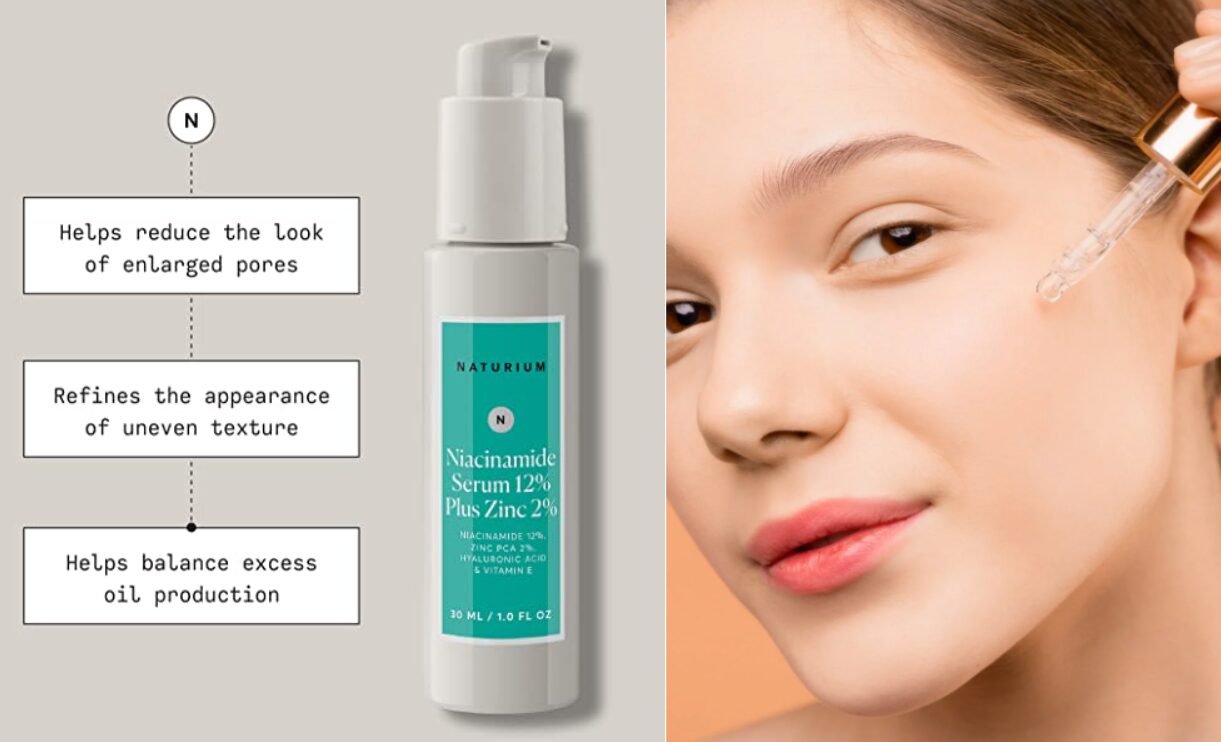As an Amazon Associate I earn from qualifying purchases.
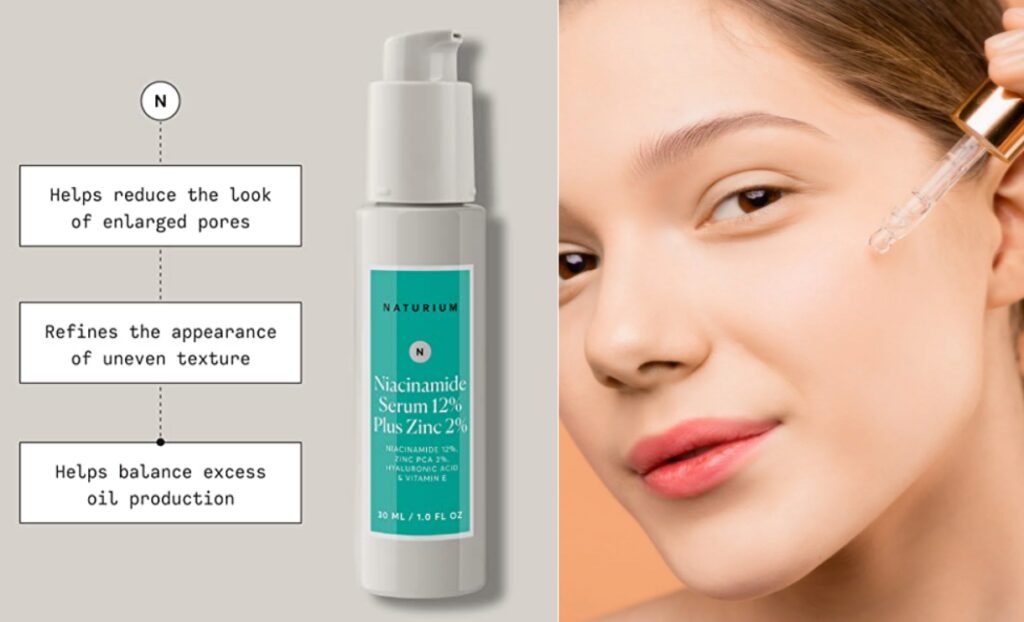
What’s your understanding of Niacinamide? Another name is nicotinamide. It’s a Vitamin B3 form, which is an essential body nutrient whose deficiency causes kidney, brain, and skin malfunctions. The other Vitamin B3 form is called niacin. The two shouldn’t be confused because they’re not similar. Talking about Niacinamide, its sources include foods like yeast, green vegetables, eggs, fish, milk, cereals, and beans. You can also get it from eating vitamin B complex supplements, and the body forms it through dietary niacin. Apart from preventing vitamin B3 deficiency, it can also be taken to counter acne, oral cancer, diabetes, and osteoarthritis. However, no scientific evidence backs up these claims. Please continue reading to find out more about this important nutrient to our bodies.
What does Niacinamide do?
Niacinamide is likely or possibly effective for the following conditions;
- Pellagra– A disease caused by a lack of niacin. Niacinamide’s effect is approved by the FDA (Food and Drug Administration).
- Diabetes– A few studies have indicated that niacinamide intake can help prevent insulin production loss among individuals with type 1 diabetes risk. By preventing insulin production loss, it decreases insulin dosage needed by a child with early type 1diabetes. Nevertheless, it can’t stop diabetes type 1 development. Niacinamide promotes blood sugar control and protects insulin production among type two diabetes people.
- Acne– Research shows that people affected by acne can swallow niacinamide tablets plus other ingredients for eight weeks and get it treated. Other researchers also added that niacinamide cream application on the affected area improves its look.
- Osteoarthritis– Any symptoms relating to osteoarthritis, such as flexibility issues, joint swelling can pain van be made better with Niacinamide. People with osteoarthritis that are taking pain medications can have it reduced when they start having Niacinamide.
Skin cancer– Recently diagnosed skin cancer can be prevented using Niacinamide. It can also reduce the precancerous spots in people who suffered from skin cancer.
Other uses, though with insufficient evidence include;
- Reducing eczema
- Reduces erythema- skin redness
- Improves aging skin
- Depression
- High blood pressure
- Alcoholism
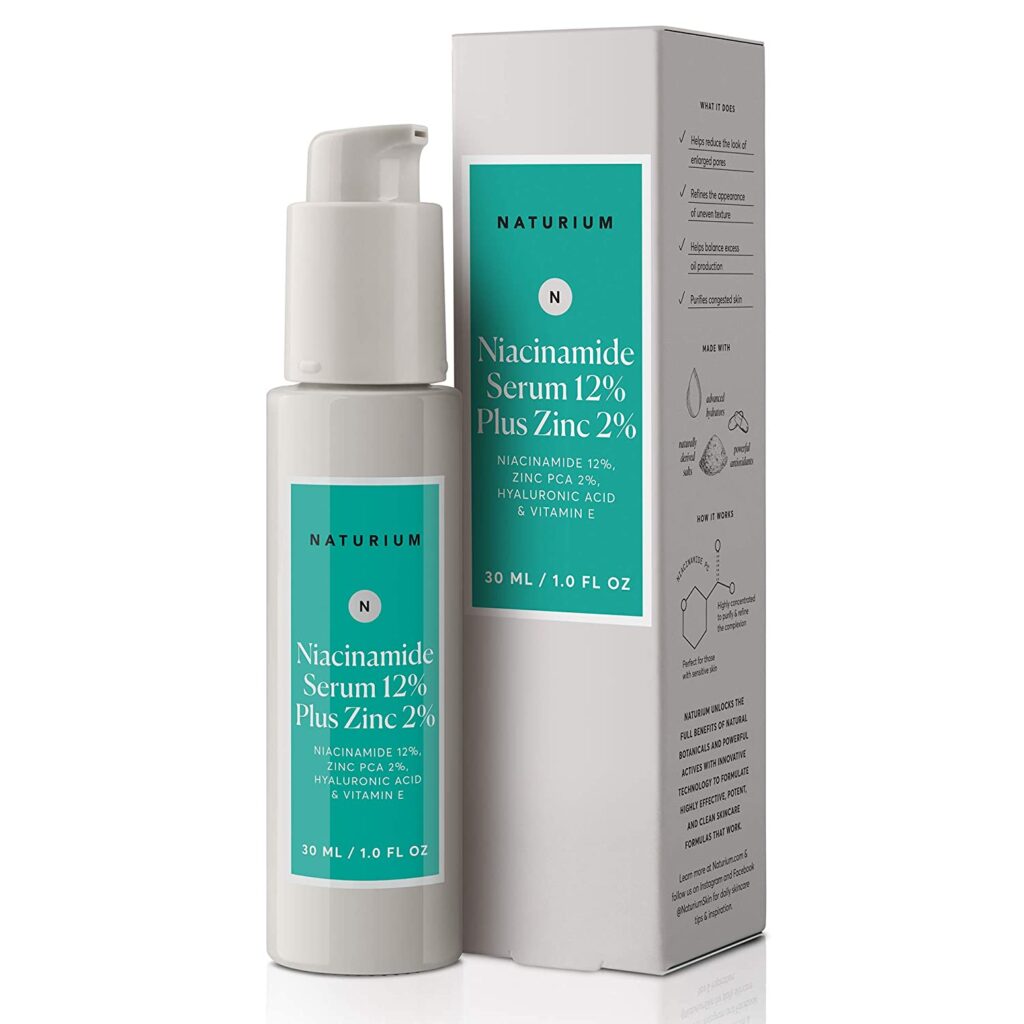
How long does Niacinamide take to see results?
While you might realize changes in the early days of use, niacinamide research says it takes eight to twelve weeks. The product’s percentage matters a lot. You should buy one containing five percent niacinamide concentration because scientists have proven its effectiveness without skin damage worries. The market contains niacinamide products with higher concentrations. But, don’t be tricked because they are meant for specific conditions. Therefore, they might cause harm to your body, such as skin irritation.
Niacinamide use frequency
How often should one apply a niacinamide product? Every day? Well, most individuals’ bodies tolerate Niacinamide. It can be used twice a day. It could be through an external application on the skin or swallowing. However, it’s best if you followed the prescription given by a specialist.
Niacinamide’s interaction with other Cosmetic items
Niacinamide with Retinol

Do you want to know if retinol can be used together with Niacinamide? Definitely yes. It’s true combining some products can be harmful or even lessen the benefits, but here, mixing is safe. In fact, a mixture of the two provides numerous benefits. Using the two products combined or having them as your skincare routine can offer gains, including having less or no irritation as compared to using retinol alone. It also helps protect your skin barrier and the addition of the two to hexylresorcinol promoted skin tone giving improved aging signs. Using the two combined is highly recommended by dermatologists.
Niacinamide with Salicylic acid
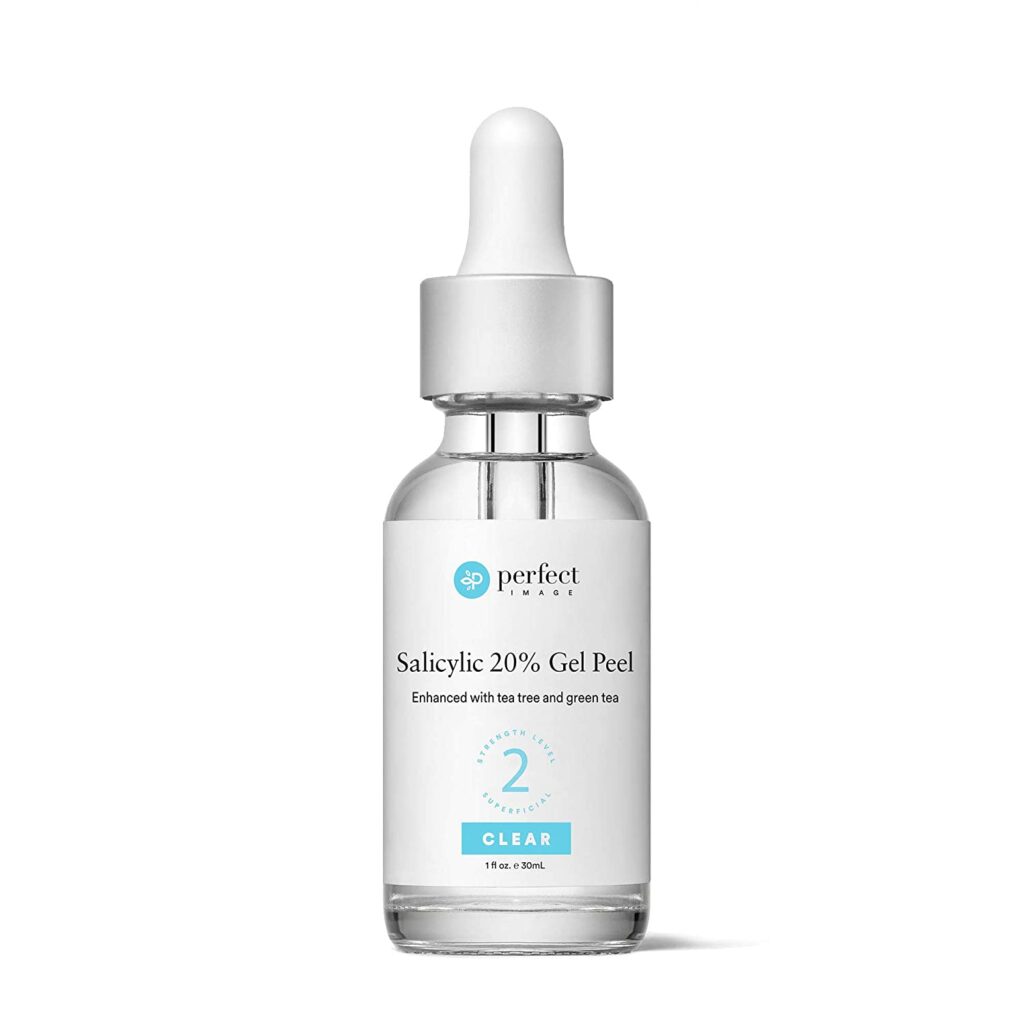
Both niacinamide- a vitamin B3 form, and salicylic acid- a beta hydroxyl acid, have perfect results when mixed. Salicylic acid works by increasing collagen levels, shrinking pores for smoother skin, and improving elastin fibers quality. All these functions favor skin by reducing its aging symptoms. The same applies to Niacinamide, including improving skin barrier, redness reduction, and pigmentation. They both have almost the same functions but deliver them in different methods. For this reason, having the two together gives additive impacts.
Niacinamide after AHA or BHA peel
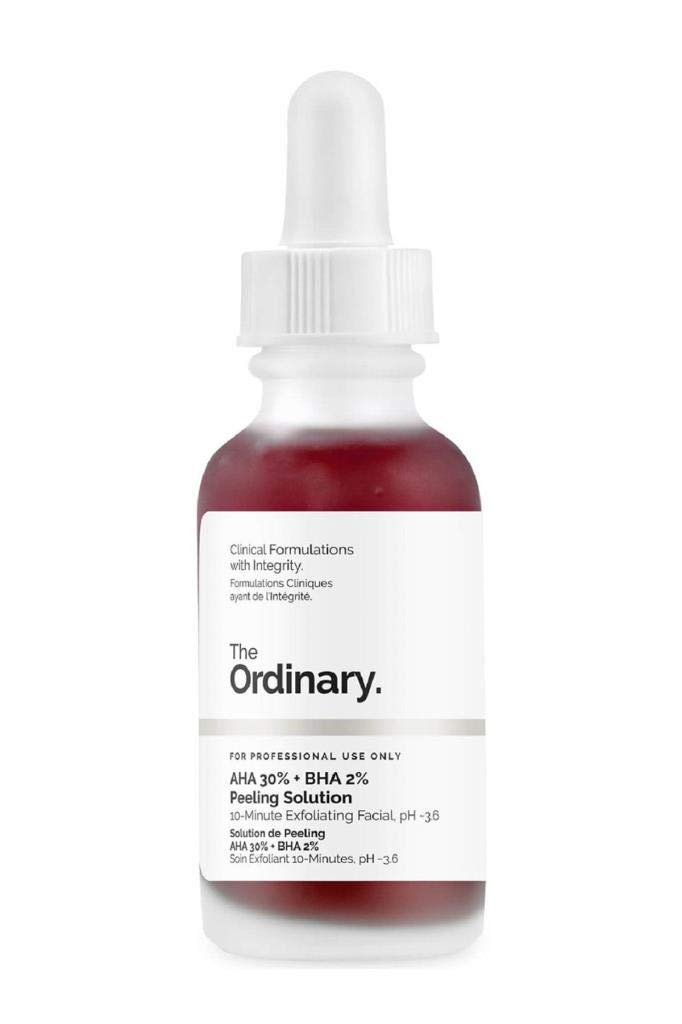
If you’ve got enough time, you can apply AHA ns BHA at night, then give it sometime before adding Niacinamide. You only need to ensure protection from the sun or have a good sunscreen protector for about 30 minutes or more. It’s because AHA is photosensitive and can cause sun damage. The 30 minutes are recommended to allow the acid to work at its pH level. That’s why night time is recommended to apply AHA and BHA, then it’ll be safer to add Niacinamide later. So, yes, you can apply Niacinamide after AHA and BHA peels.
Niacinamide with Hyaluronic Acid

Can Niacinamide be combined with hyaluronic acid for use together? The answer is yes. The two can be part of your skincare regimen because they are water-based treatments. They’re mostly useful if you’ve got dry, super oily, or dehydrated skin. Begin by washing your face, for example, apply hyaluronic acid for skin replenishment, and then followed by Niacinamide for regulating extra sebum. Additionally, you can choose to apply them at different times of the day- morning for maintaining skin hydration and evening for texture improvement.
Side effects of Niacinamide
Generally, Niacinamide is considered safe for use. Few unfortunate cases that may be affected are individuals with preexisting allergic conditions. It’s because Niacinamide can result in histamine release by the body. Otherwise, orally taking Niacinamide is safe for most adults. You need to ensure having it in the right amounts. When taken in larger doses, it can cause the following side effects;
- Bloating
- Stomach upset
- Itching
- Rashes
- Dizziness.
One shouldn’t take more than 35mg daily. It’s worse when one takes over three grams in a day. It can bring more severe side effects, including high blood sugar and liver-related issues. If it’s on the skin, someone might experience itching, redness, or mild burning. Individuals with other conditions such as pregnancy, kidney dialysis, liver disease, surgery, and stomach ulcers should use it under care by a specialist.
Conclusion
Niacinamide can be used on a daily basis to give great results to your skin. One can acquire various benefits like skin brightening, hyperpigmentation, smooth texture, and many more. Patience is vital when using niacinamide products as the best results can take longer to appear. Remember, no need to take niacinamide supplements until it’s recommended by a professional after assessing your body condition and special concerns.
